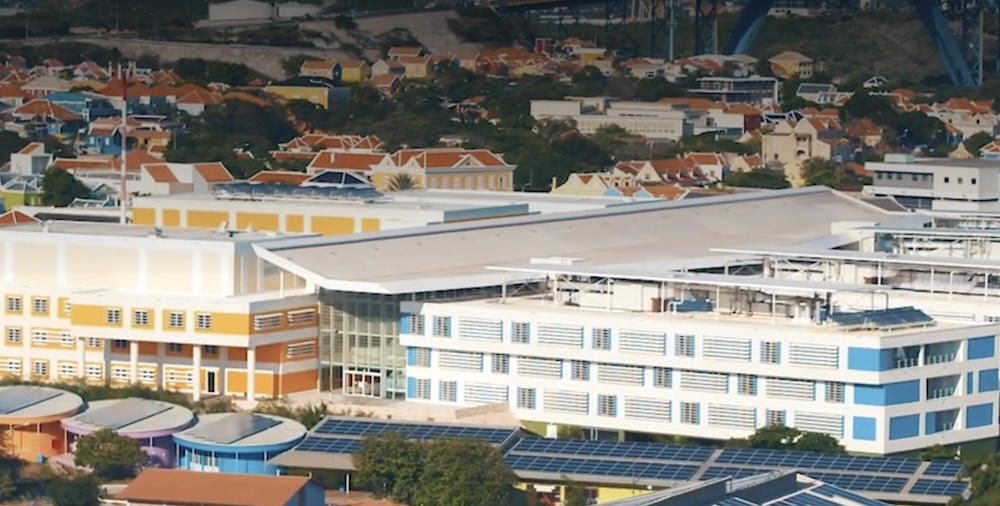Curaçao faces an enormous challenge when it comes to combating dengue, a viral disease transmitted by the Aedes aegypti mosquito.
Recent statistics show a shocking increase: while only 2023 cases of dengue were recorded in the entire year of 11, this number has ballooned to 528 in the first three months of this year, of which 229 have been officially confirmed. This unprecedented increase has put the authorities and the health sector on the island on edge.
This worrying growth is partly attributed to climate change, which is affecting the behavior and spread of the Aedes aegypti mosquito influences. The dry period on the island appears to be a crucial factor in this development. It shows how climate change can have indirect impacts on public health by creating more favorable conditions for disease-carrying mosquitoes.
breeding grounds
In response, the Curaçao government, led by Prime Minister Gilmar Pisas, in collaboration with volunteer groups, has launched a series of additional cleaning actions. The aim of these actions is to eliminate possible mosquito breeding grounds, such as buckets, car tires and planters, which accumulate in gardens and public places. This initiative emphasizes the seriousness of the situation, although Pisas from the social democratic ruling party MFK states that there is no crisis yet.

“There is no crisis, but we must declare war on dengue.”
Melissa Arias, head of the Department of Public Health
The health impact is already noticeable in local hospitals, especially in the Curacao Medical Center (CMC), where 73 patients have been admitted due to the disease. They include people of all ages, from those under 20 to seniors over 64, demonstrating the broad impact of the disease. Tourists have also been affected, with 15 cases of hospital admissions. Tragically, three patients in the age group of 20 to 40 years have already died from the effects of dengue.
cleaning
In addition to the cleanup efforts, the government has launched a national information campaign to raise awareness about dengue. People are urged to take preventative measures such as wearing protective clothing and using insect spray. Melissa Arias, head of the Public Health Department (Ministry of Health Curaçao), emphasizes the need for a joint fight against dengue: “There is no crisis, but we must declare war on dengue.”
yellow fever mosquito
The yellow fever mosquito or dengue mosquito is a two-winged insect from the mosquito family. The yellow fever mosquito mainly bites during the day. The species occurs in the tropics and subtropics and is a vector of, among other things, yellow fever, dengue, Rift Valley fever, the Chikungunya virus and the Zika virus. Interestingly, the move to stop spraying against mosquitoes to protect the ecosystem highlights the government's attempt to strike a balance between public health and environmental protection.




